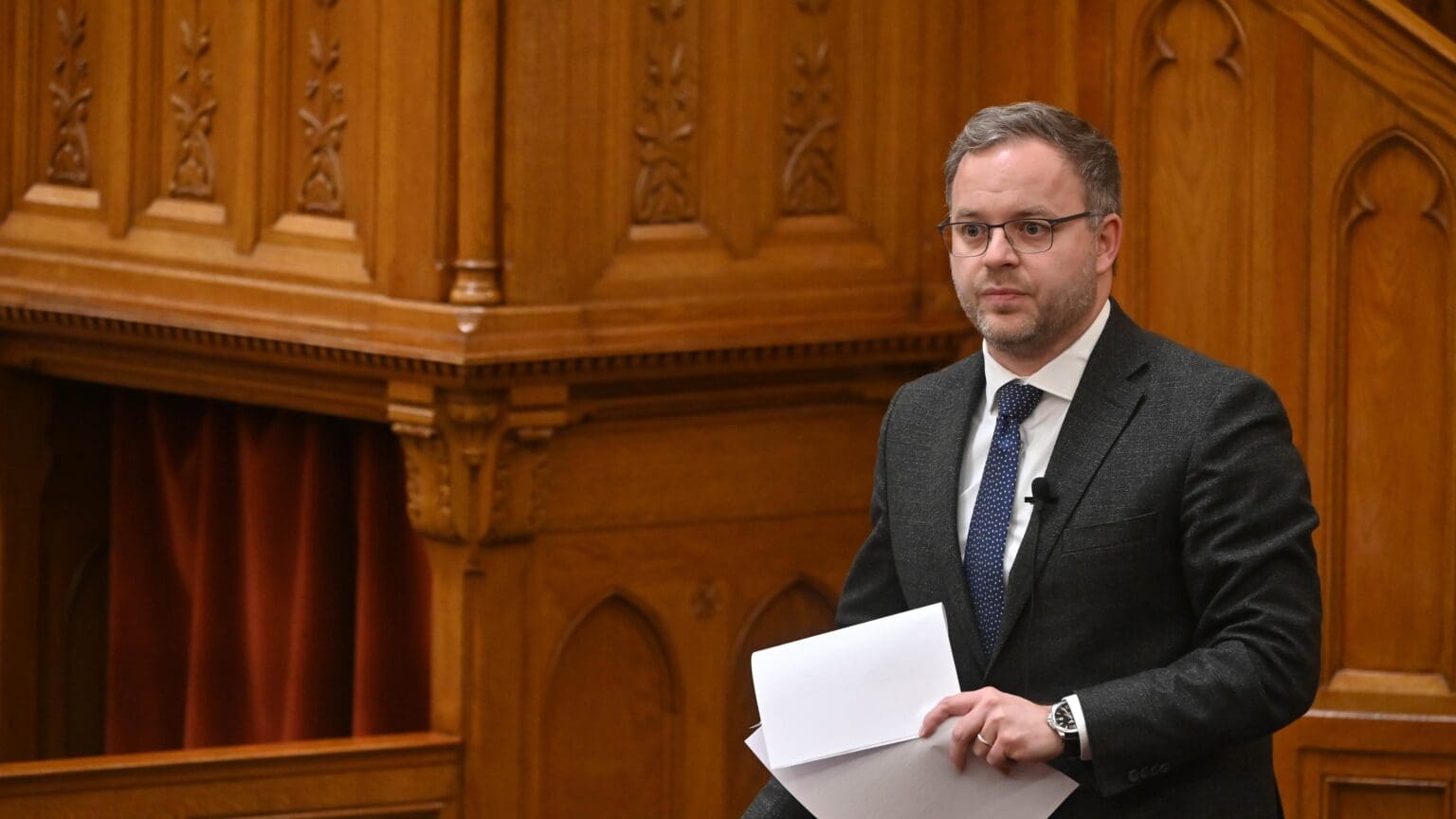
Regarding the war in Ukraine, the Prime Minister’s political director stressed the urgency of diplomatic talks, highlighting their potential to save lives and mitigate the risk of a global conflict.
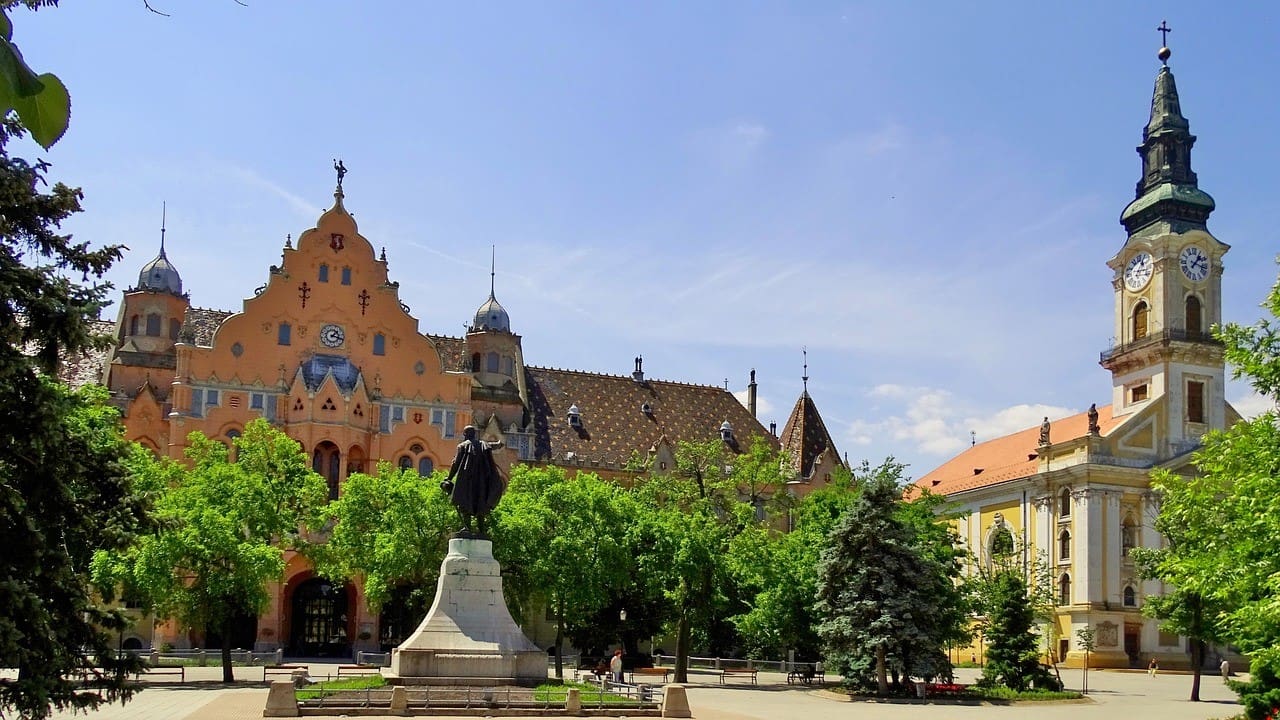
As Hungary embarks on this journey towards sustainable urban development, stakeholders across sectors are poised to work together to build resilient, inclusive communities and drive equitable growth across regions.
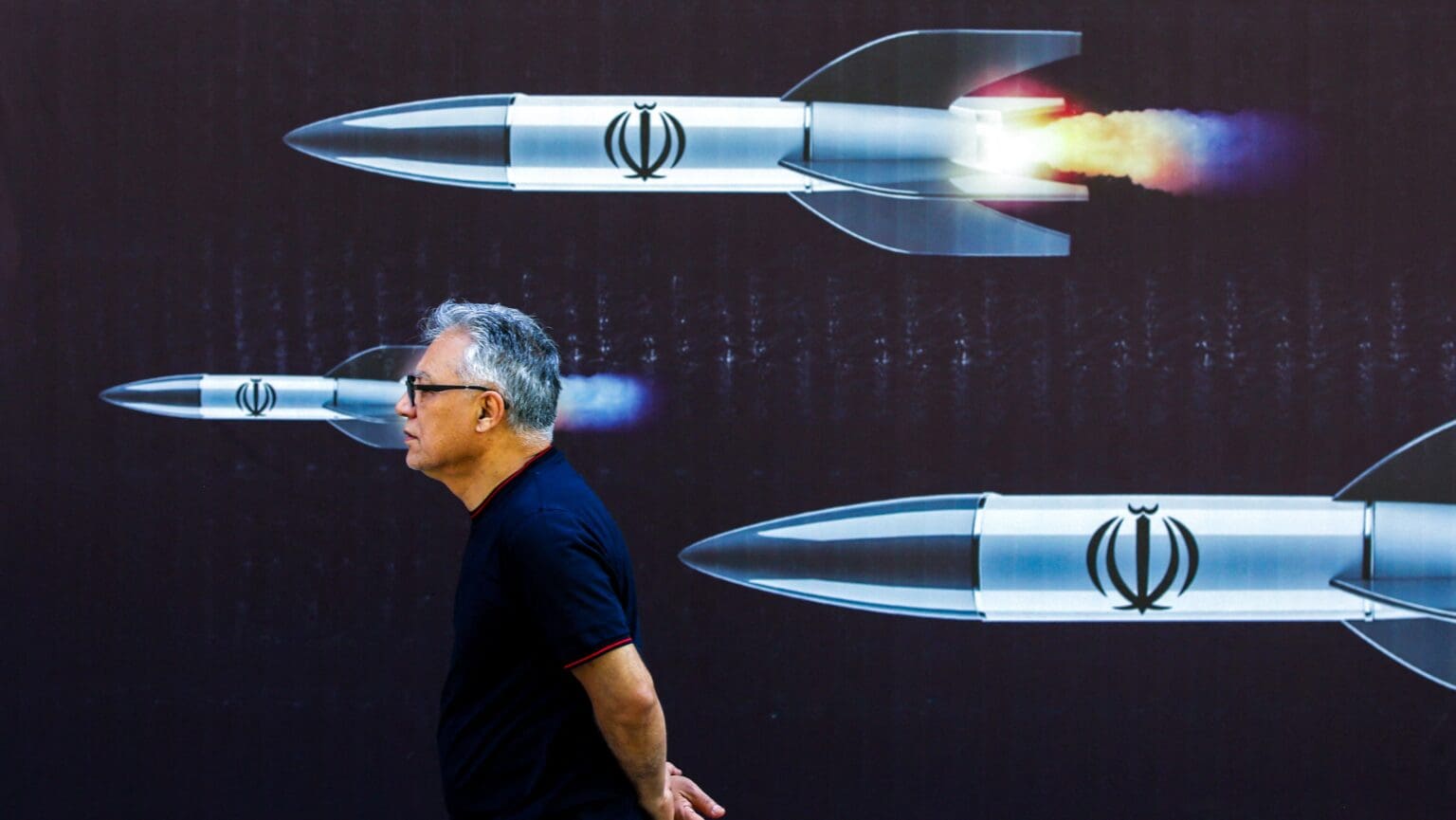
According to multiple media sources, Israel may have conducted a retaliatory strike against Iran on Friday. However, Iranian officials claim they are uncertain whether it was an external attack or an infiltration from within the Persian state.
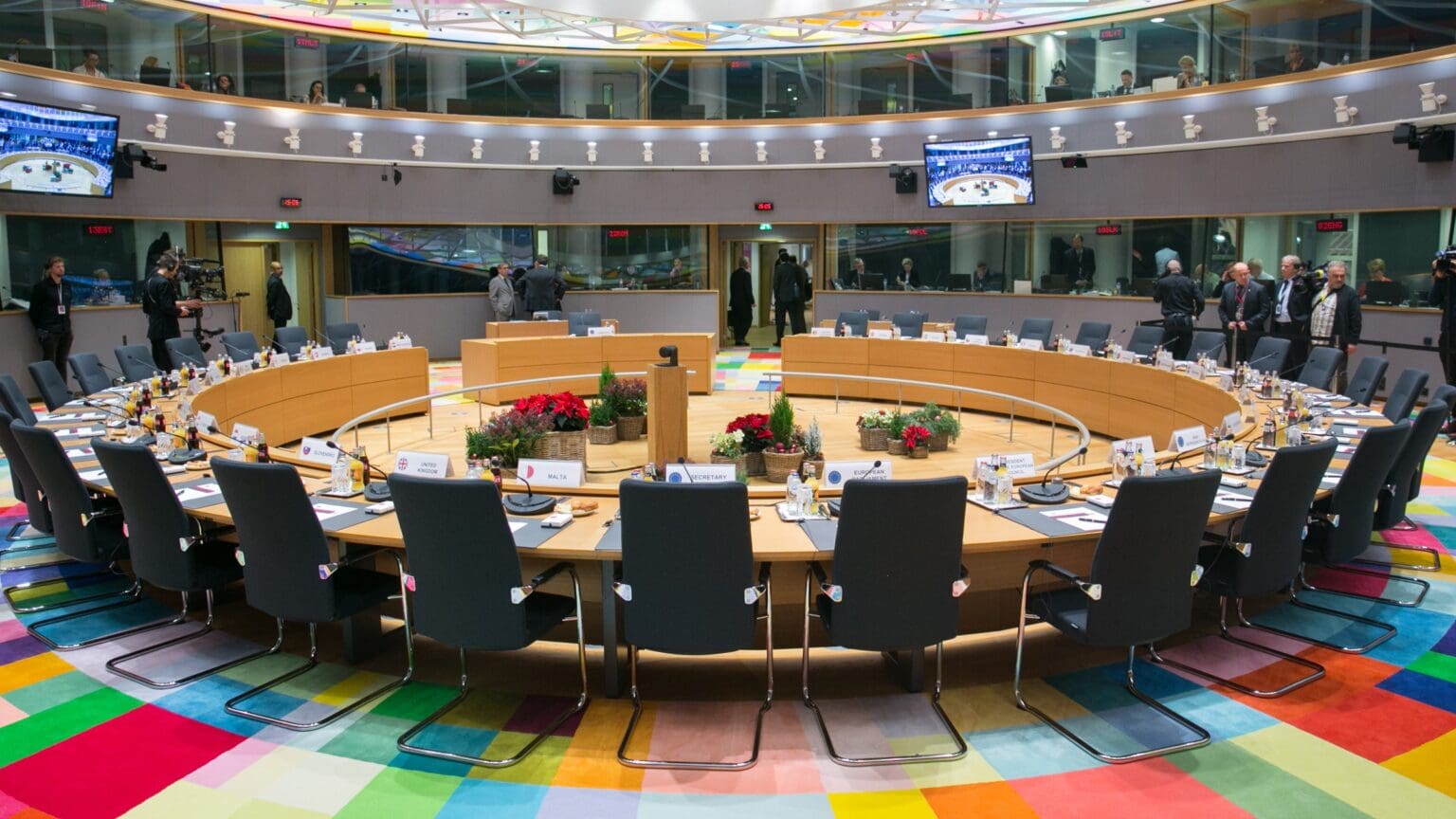
The strategic agenda, which outlines the political priorities and main strategic objectives for the EU’s new actors over the next five years, is a crucial document that must be developed prior to institutional changes, the European Parliament elections of June 2024, and the appointment of the European Commission.
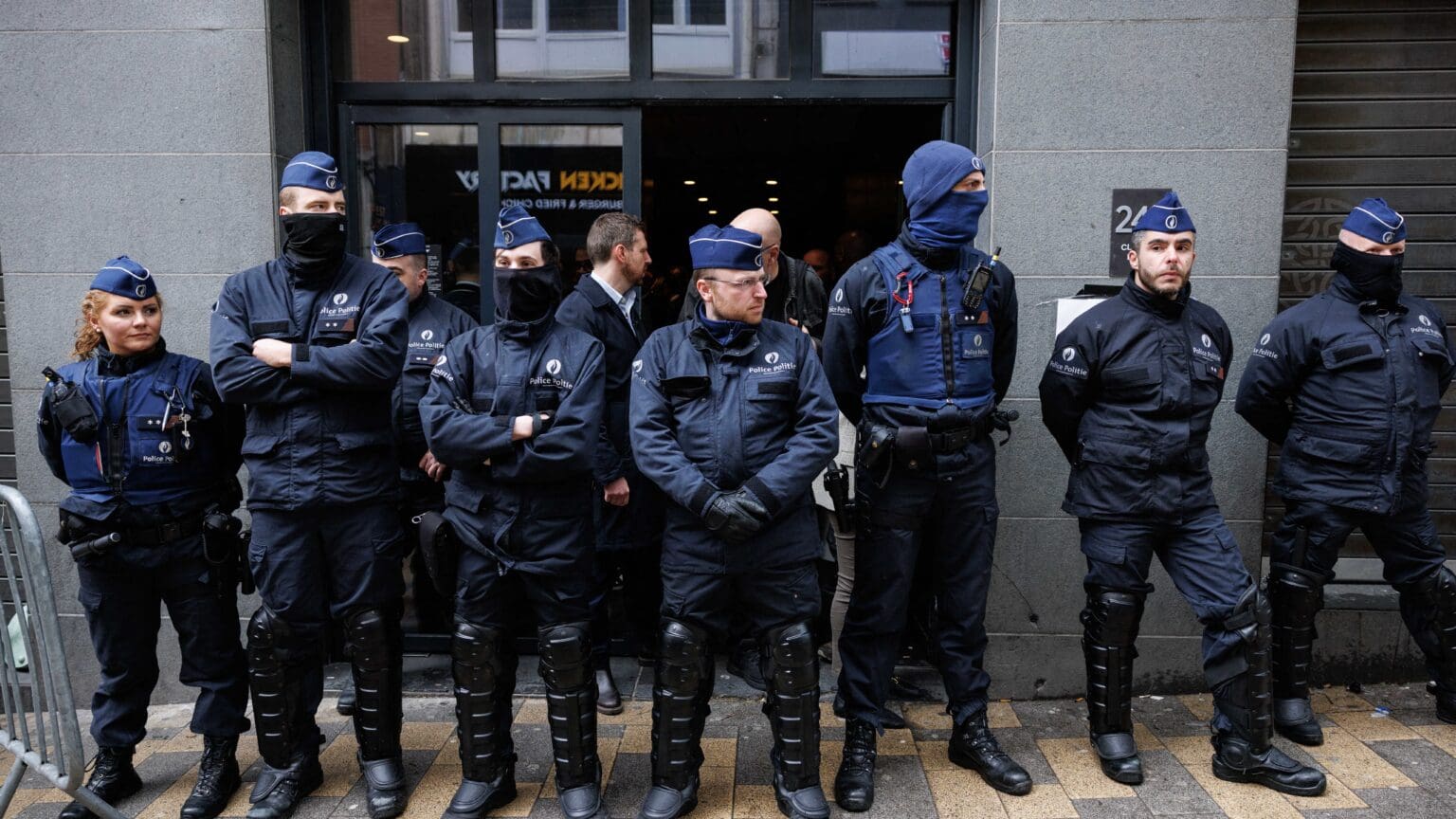
The attempt to shut down the National Conservatism Conference has ignited a new battleground in the EP election campaign: the fight for freedom of speech. While progressives were quick to lay blame on Brussels district mayor Emir Kir, this incident is hardly about him only: it is a culmination of a longstanding process of anti-freedom of speech tendencies in the European Commission and the European Parliament.
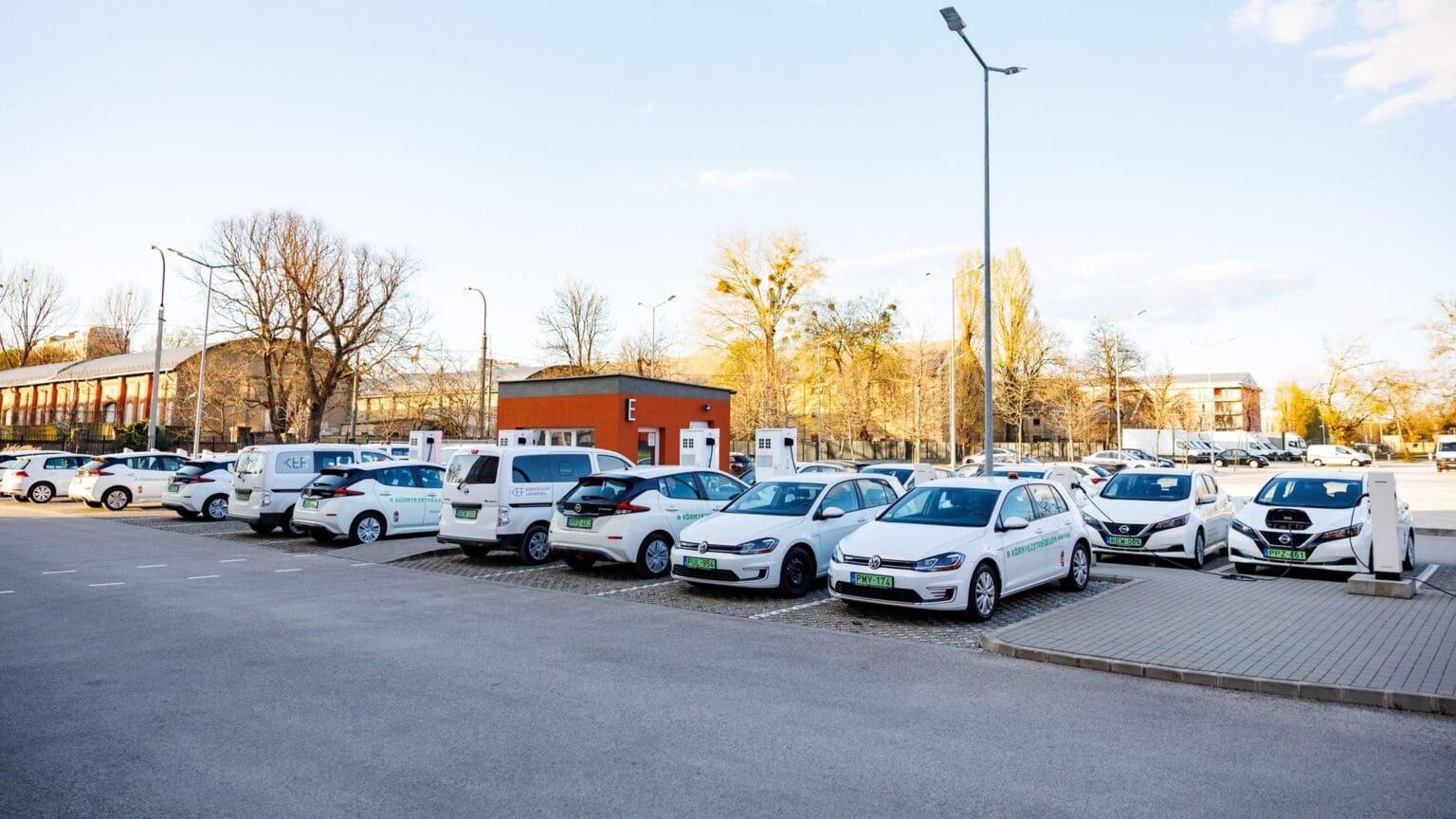
According to data collected by the European automobile manufacturers’ association (ACEA), last month saw a roughly 80 per cent increase in the sale of fully electric cars in our country compared to March of last year.
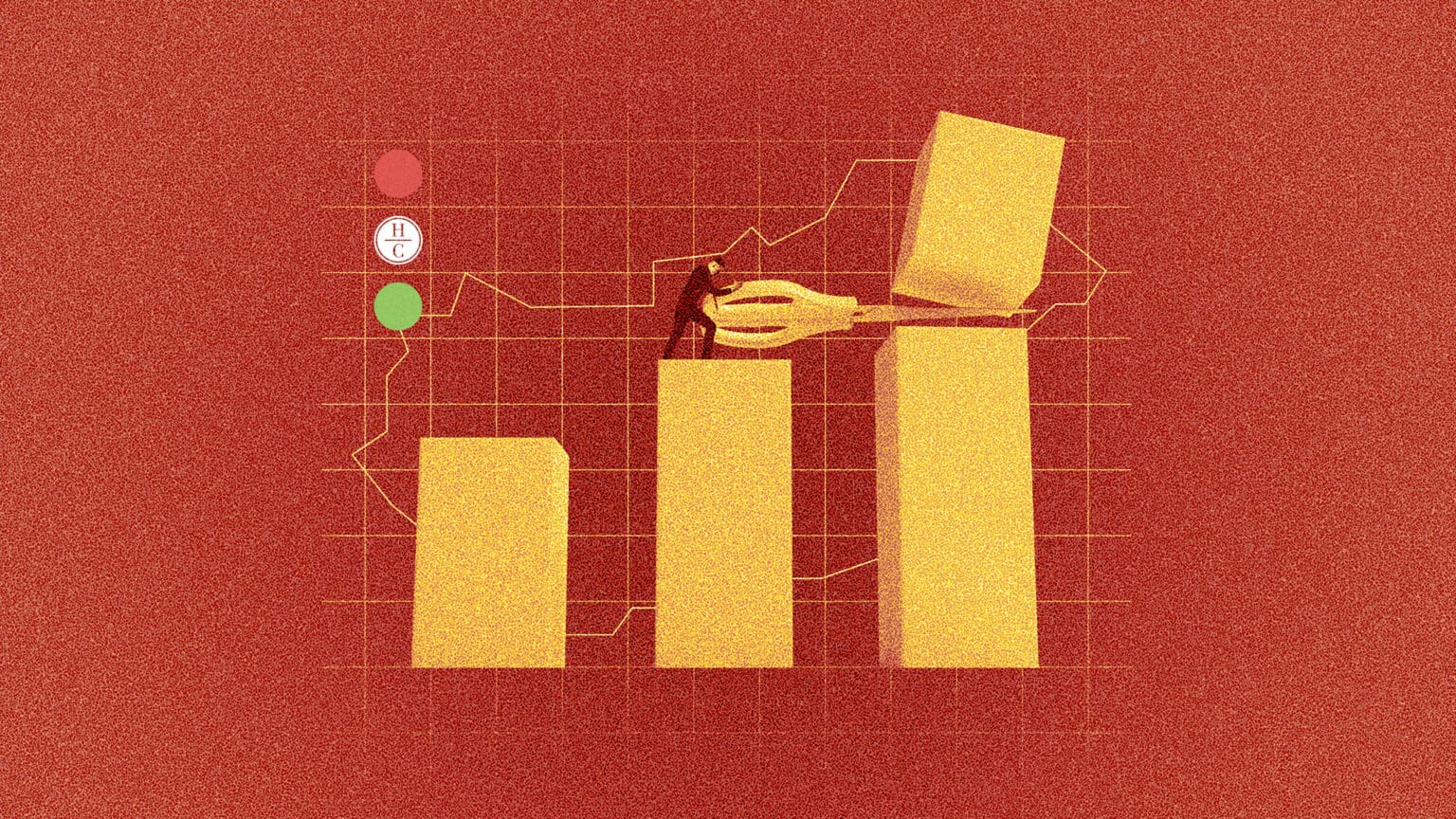
From 2010 the Hungarian government changed the previous approach to taxation entirely. This meant a significant reduction in taxes on labour, leaving more money for employers and employees, a huge improvement in the efficiency of consumption tax collection, and the most attractive corporate tax rate in the EU. The government has no plans to increase tax rates but is developing innovations that will make tax compliance simpler, less administrative and more efficient for both the tax administration and the taxpayer. It is fair to say that Hungary’s tax innovation has now become a best practice for the EU.

Pete Gogolak, a Hungarian immigrant, changed the way placekickers take field goal attempts in the NFL—his ‘soccer-style’ method is still used in the league today. He is celebrating his 82nd birthday today.
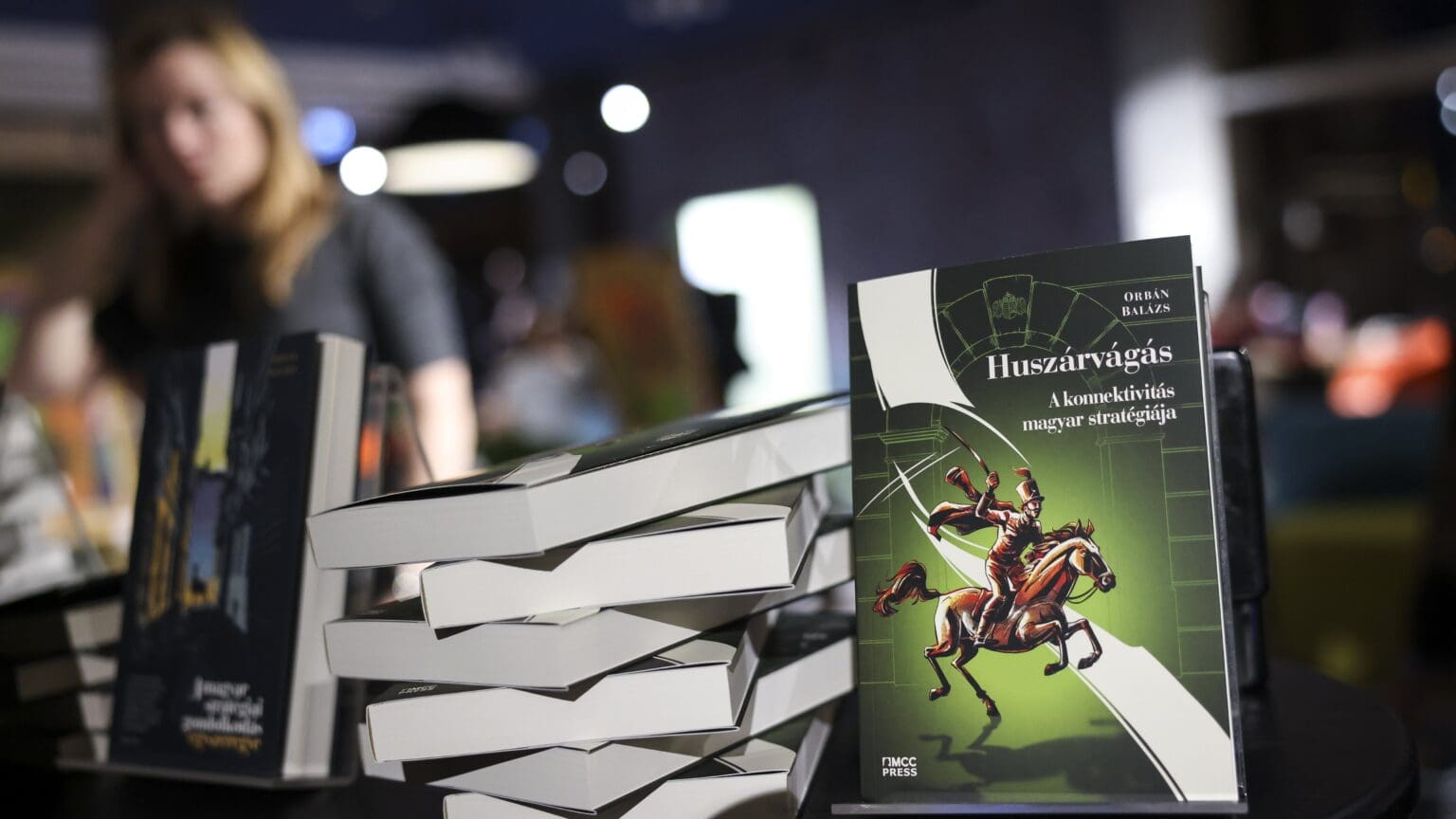
‘In other words, Hussar Cut puts into a broader perspective the policies that PM Viktor Orbán carried out in the recent decade. It is also a comprehensive analysis of international relations, with special emphasis on the currently changing world order. Balázs Orbán draws the conclusion that the changes of the international system have made a new strategy necessary for Hungary.’
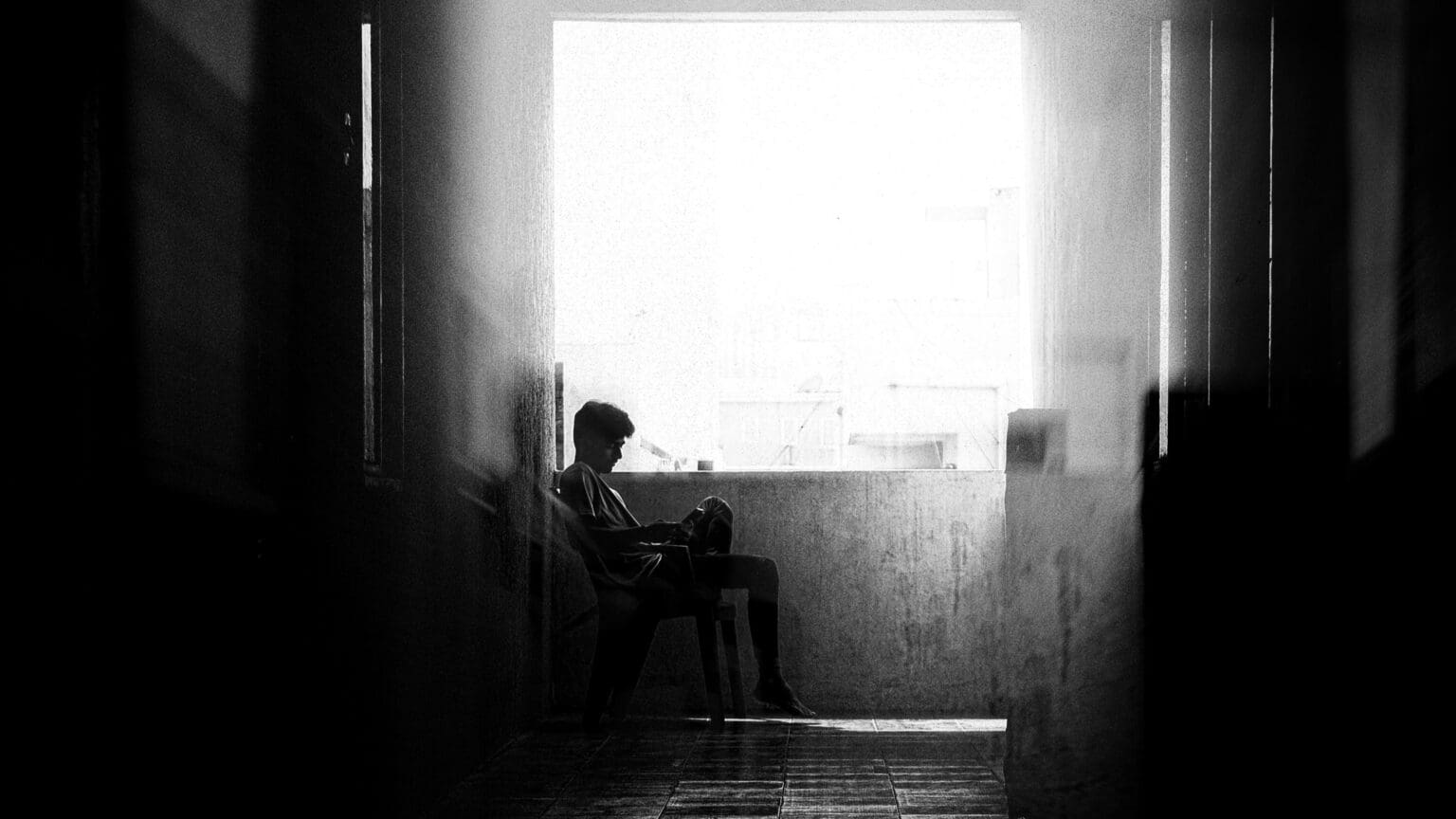
According to the indictment, between 2019 and 2022, the man engaged in sexual acts with four minors, two of whom were under the age of fourteen.
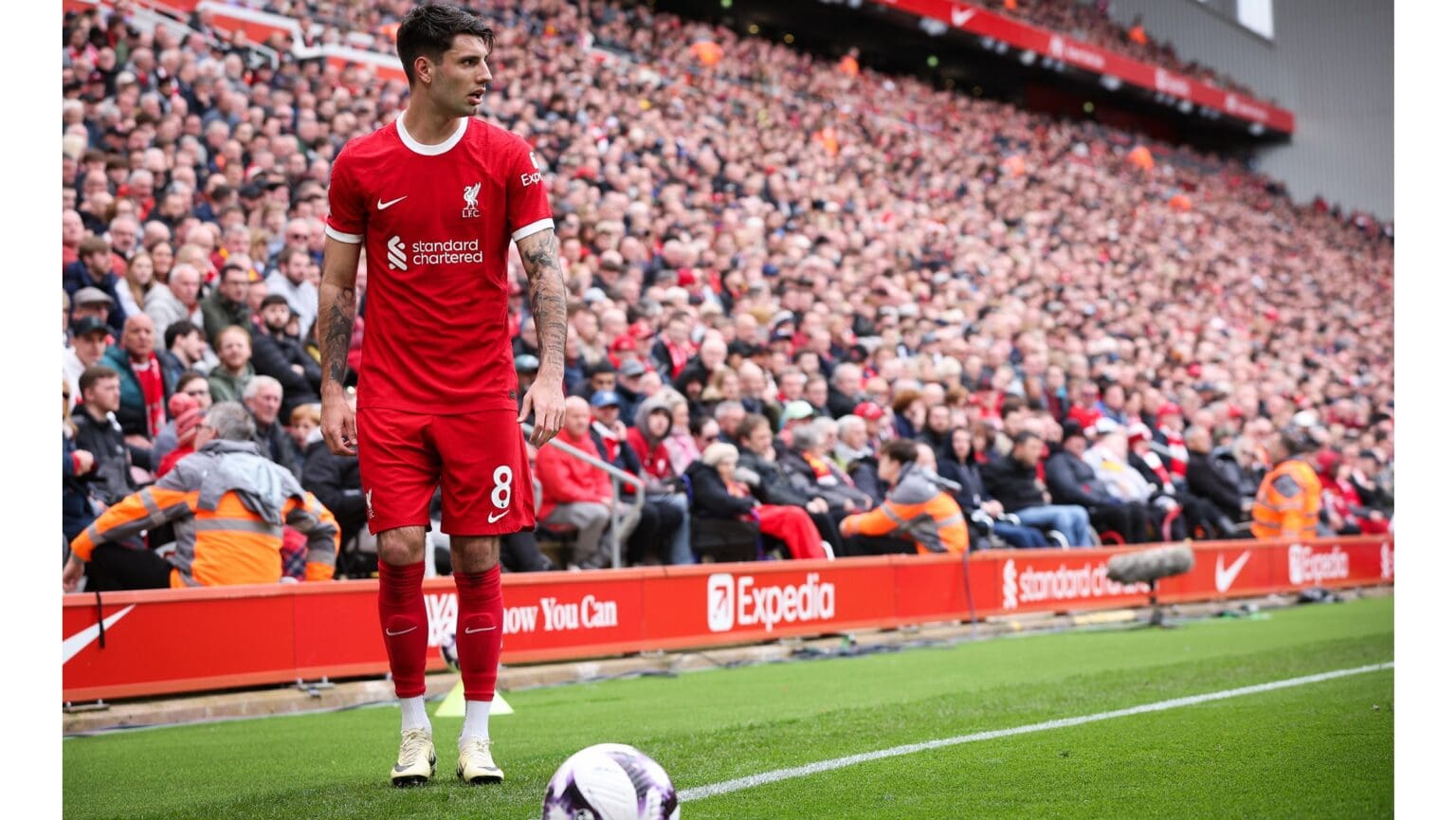
Just a few weeks ago, Liverpool was the favourite to win the Premier League with eight games to go and a two-point lead. However, things have changed a lot for the team recently, and for the worse: they are third in the league and lost to Atalanta 3–0 at home in the Europa League. Some fans are even turning on Szoboszlai himself. Where will he go from here?
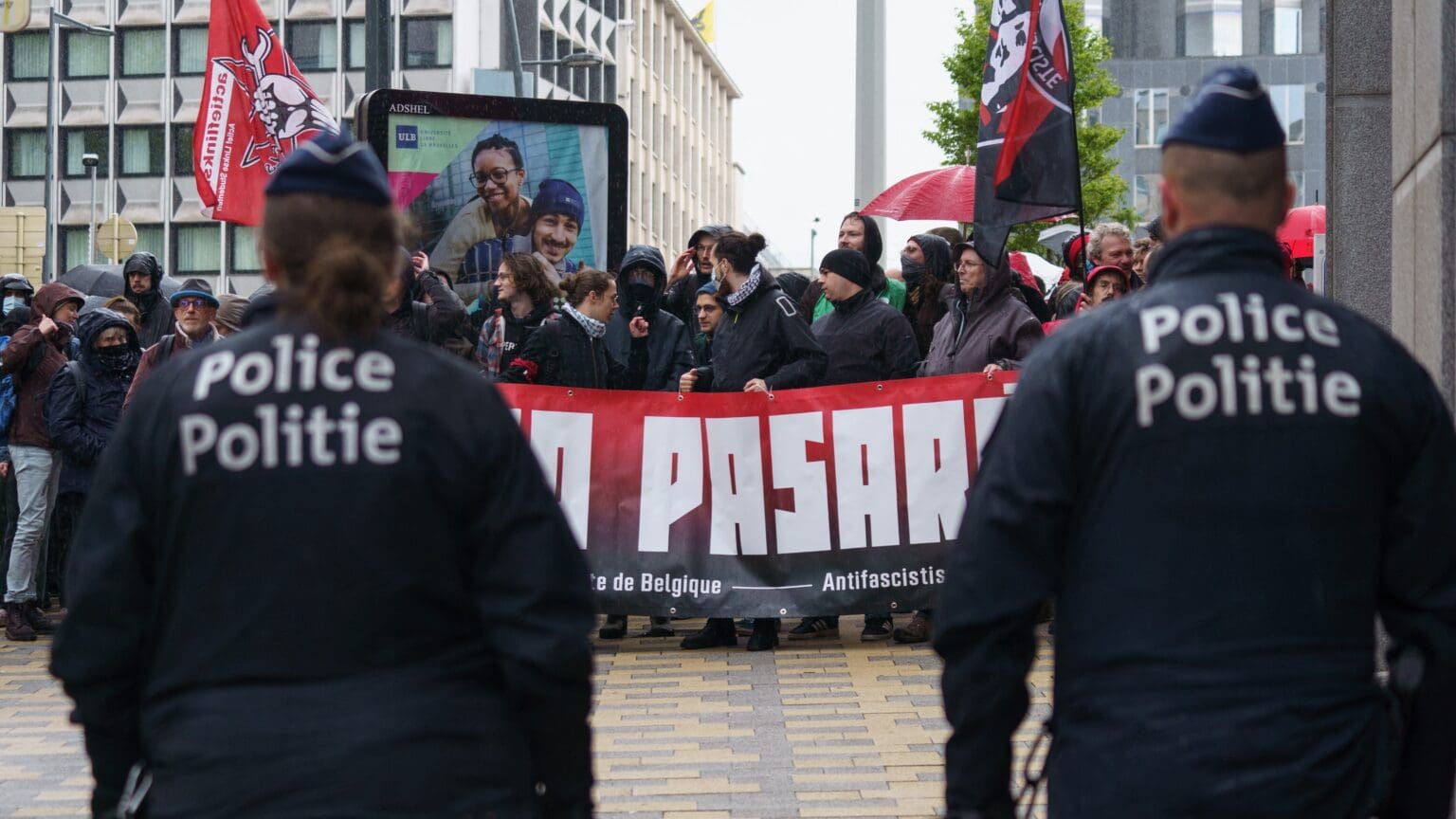
Commenting on the outrageous attempts to shut down the National Conservatism Conference in Brussels earlier this week, MCC Brussels Director Frank Füredi stated in an op-ed on POLITICO: ‘The campaign to cancel the NatCon wasn’t simply directed against this organization but against the foundational values of democracy. Those behind the campaign believe public life must be subjected to the policing of speech. That’s bad news for all of us, regardless of ideological affiliation.’
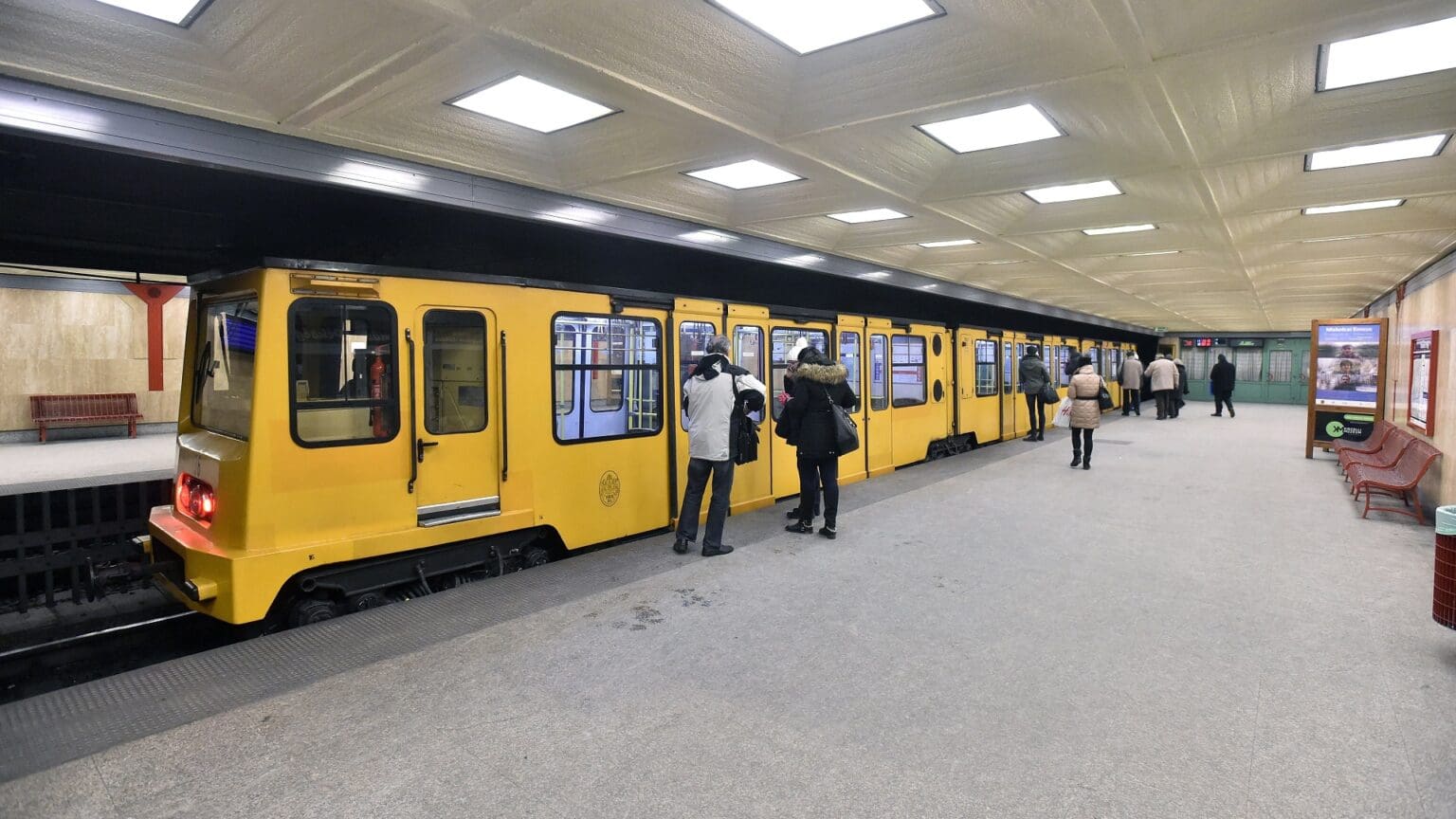
The website of the American cable news channel CNN listed the 18 best metro systems in the world. Among them was Budapest’s historic Metro Line 1, opened in 1896.
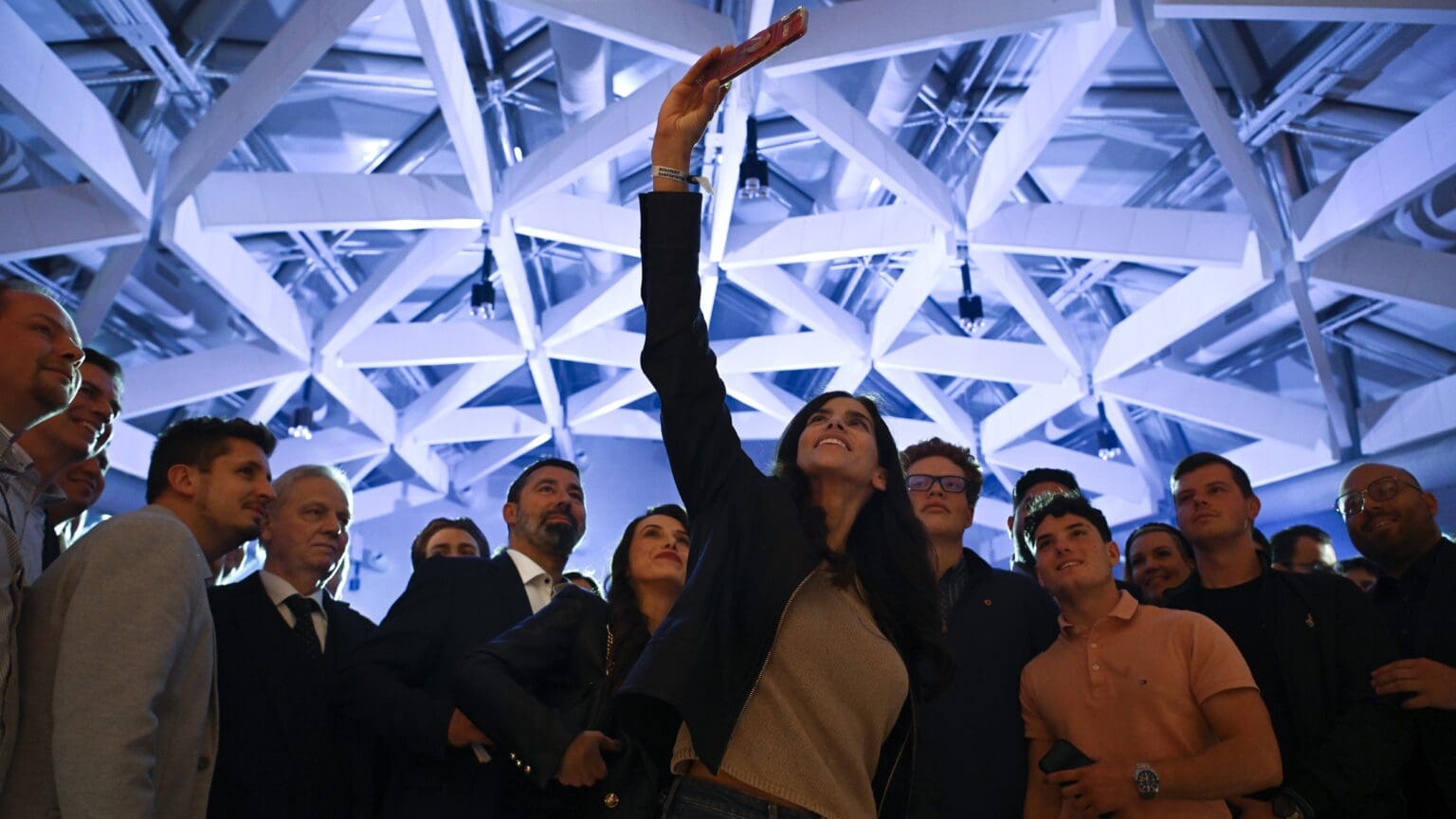
Mayoral candidate of Fidesz–KDNP Alexandra Szentkirályi unveiled her seven-point plan for the city at a campaign event on 17 April. Outlined in her plan are measures to tackle corruption, streamline bureaucracy, improve transportation, and enhance cleanliness and orderliness in the city.

‘A radical paradigm shift is required in which mental suffering is understood not in isolation, but in relation to consuming and depriving human existence of its roots: family, community, and a transcendental orientation. Only then can Hungarian society, as well as the West as a whole, like a reemerging forest, rediscover itself and create a society based on human flourishing instead of technological determinism; a society full of mentally resilient people with meaningful lives.’

Organized in celebration of Earth Day, the three-day festival offers a rich programme of activities and experiences related to environmental and nature conservation.
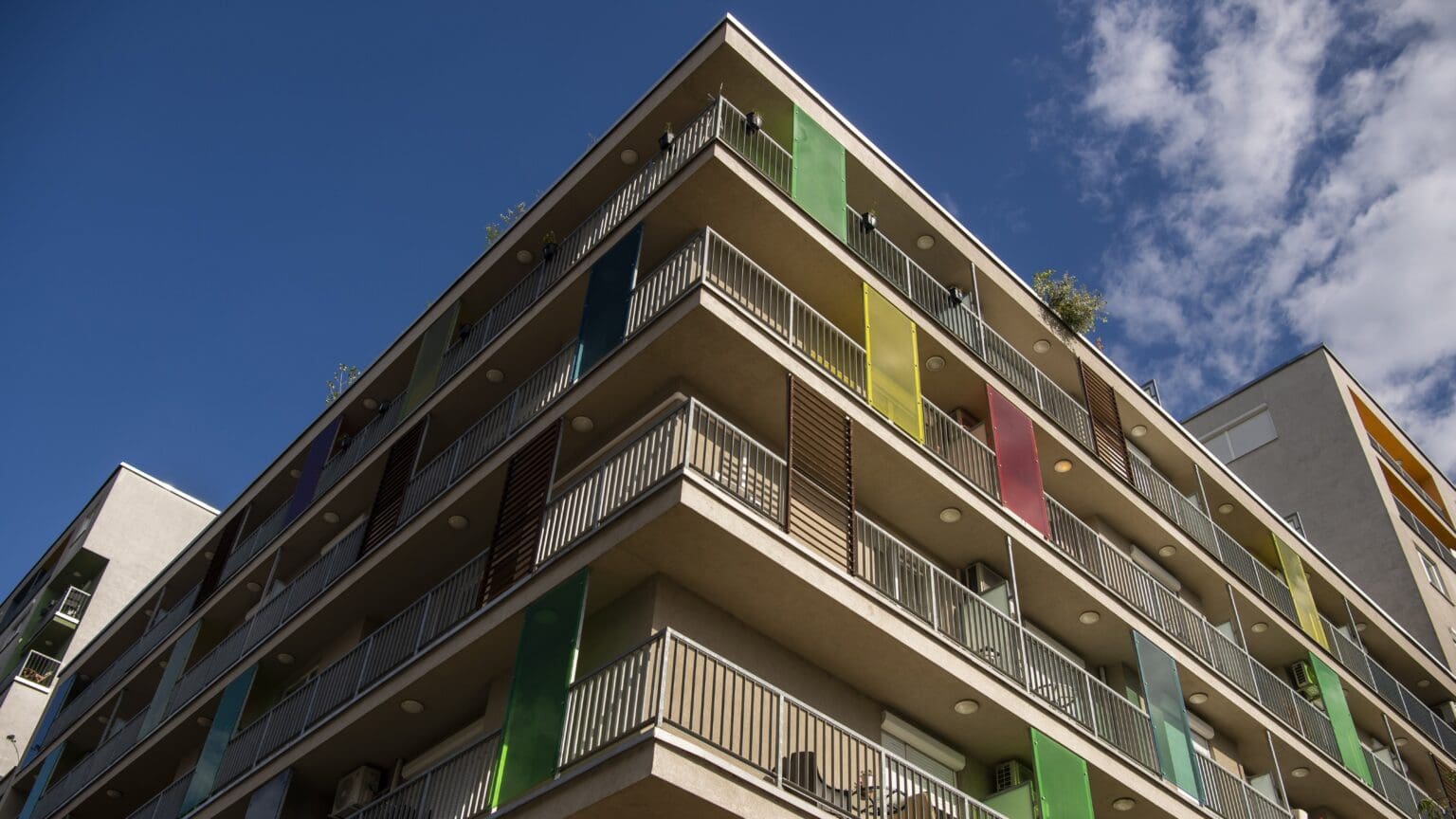
‘The liberal aspirations of the 21st century include the destruction of human autonomy and freedom, and making people as dependent as possible on the state and other circles of power and wealth. One of the best ways to counter such aspirations is for everyone to live in their own property, which, incidentally, is constantly increasing in value.’
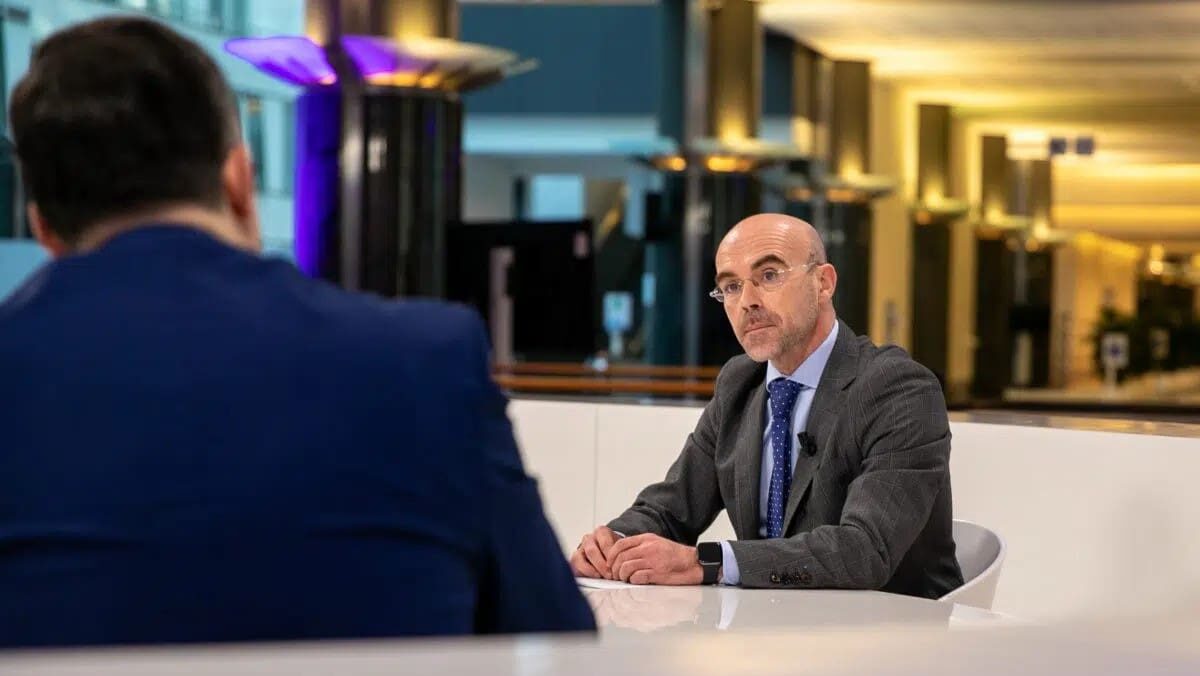
‘The gains of the conservative and patriotic renaissance are clear. We are making unthinkable progress. We are advancing in Italy, Hungary, France, Portugal, Spain, Sweden, and the Czech Republic.’
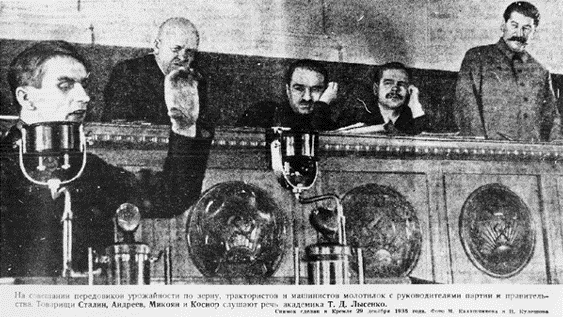
‘The politicization of science is a terrible thing. In the Stalinist period, the ideological pseudo-science of Trofim Lysenko destroyed Soviet genetics research. Lysenko’s fraudulent scientific theories about plant genetics coincided with Soviet ideology, and received Stalin’s full backing. Russian geneticists opposed to Lysenko stood denounced as ‘human haters.’ Many were fired from their jobs and sent to prison. Though Lysenko fell out of favor after Stalin’s death, Russian genetics research still has not fully recovered from its ideological ruin. It remains to be seen whether or not America can avoid a similar fate.’
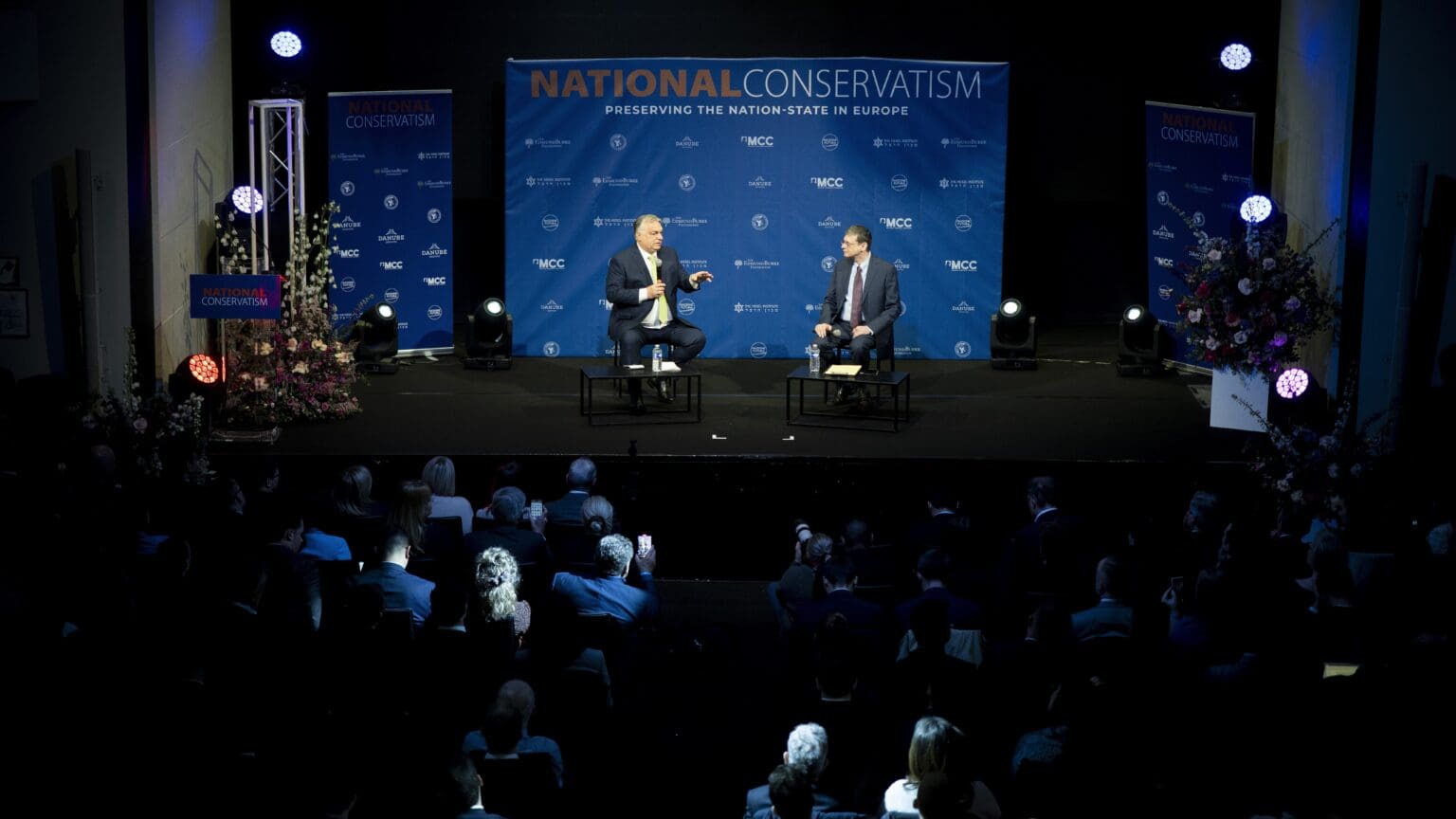
As one of the keynote speakers, Hungarian Prime Minister Viktor Orbán addressed the issues of migration, freedom of expression, and the war in Ukraine on the second day of the National Conservatism Conference.

Since all the necessary permits have been obtained, Uber can indeed re-enter the Hungarian market in the summer. The American ride-hailing company withdrew from Hungary in 2016, but now it is set to resume operations in partnership with Főtaxi.
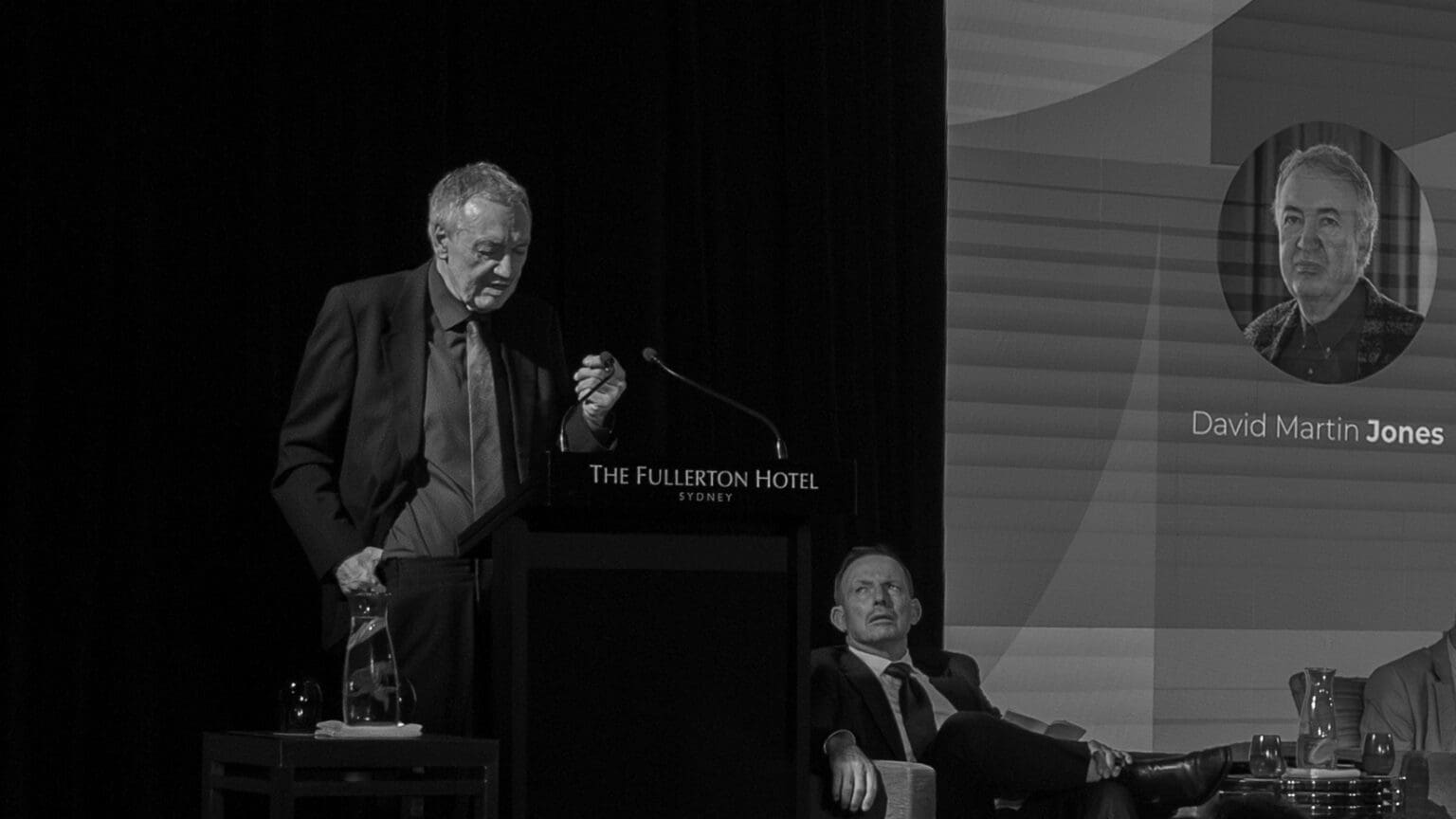
I cherished David most for his humanity and intellectual vibrancy. His optimistic smile and encouraging thumbs-up after our conversations were always a source of comfort.
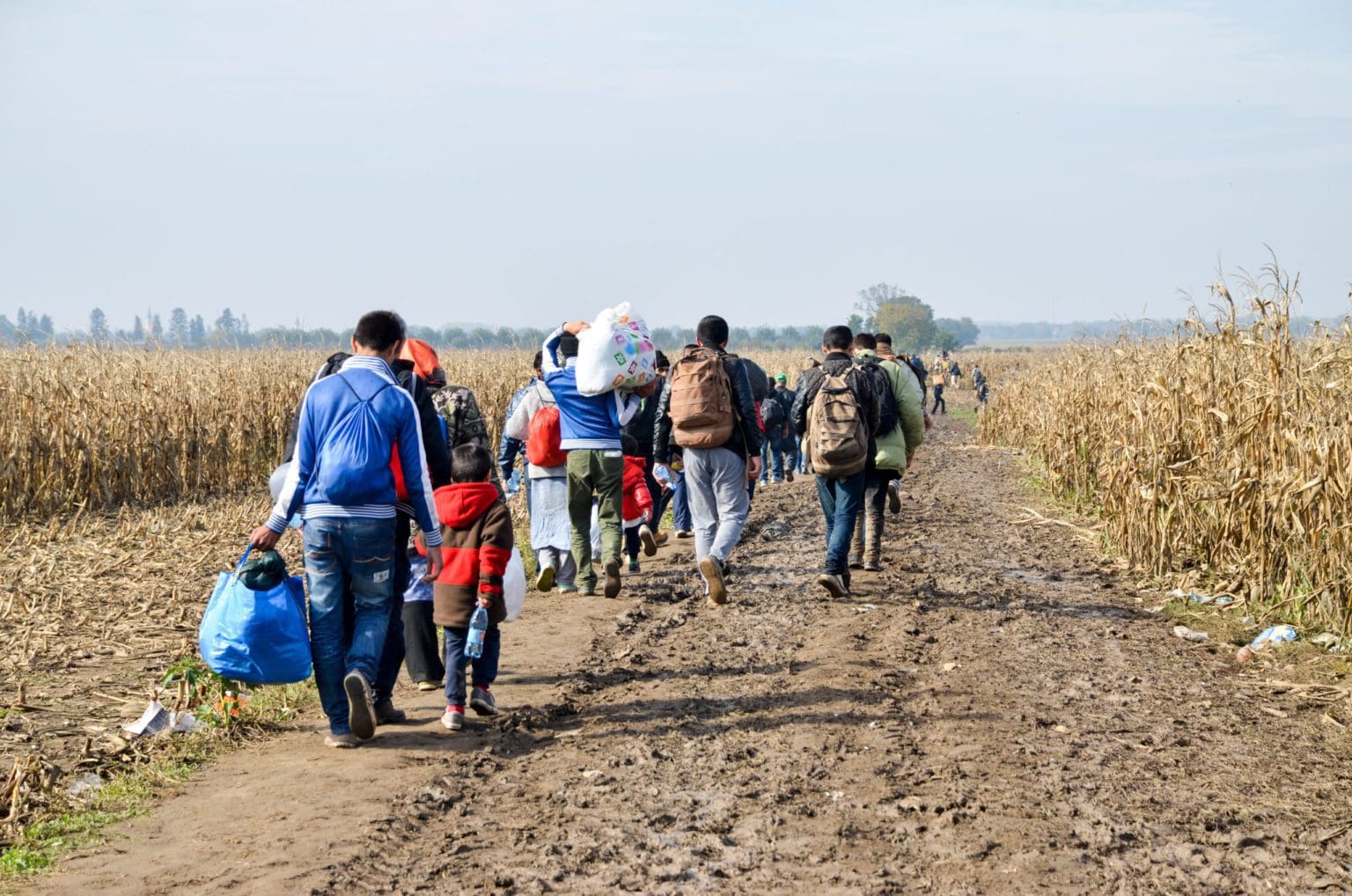
Former Polish Prime Minister Mateusz Morawiecki, Hungarian Prime Minister Viktor Orbán, and Fabrice Leggeri, former head of the EU border agency Frontex and current lead candidate for the right-wing National Rally (RN) party participated in a public discussion held in the European Parliament on Tuesday. They shared their concerns regarding migration and the newly adopted Migration Pact, agriculture, and green policies.
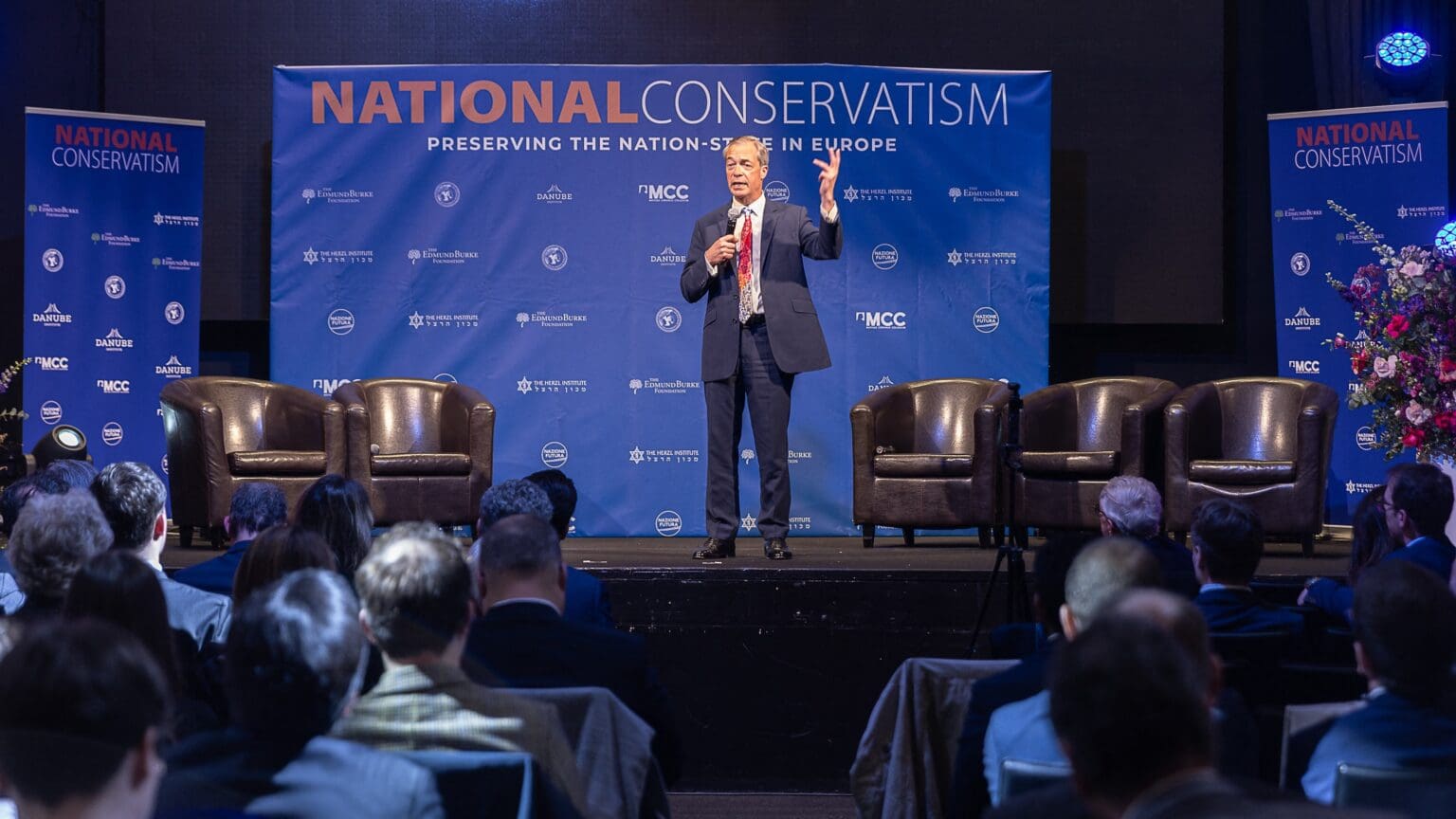
Even liberals did not take kindly to the decision by Brussels district mayor Emir Kir to use police force to try and shut down a right-wing conference featuring Viktor Orbán among the speakers. Kir faced severe criticism from Belgium’s left-wing prime minister, and the Conseil d’État, Belgium’s highest court, subsequently annulled his order.
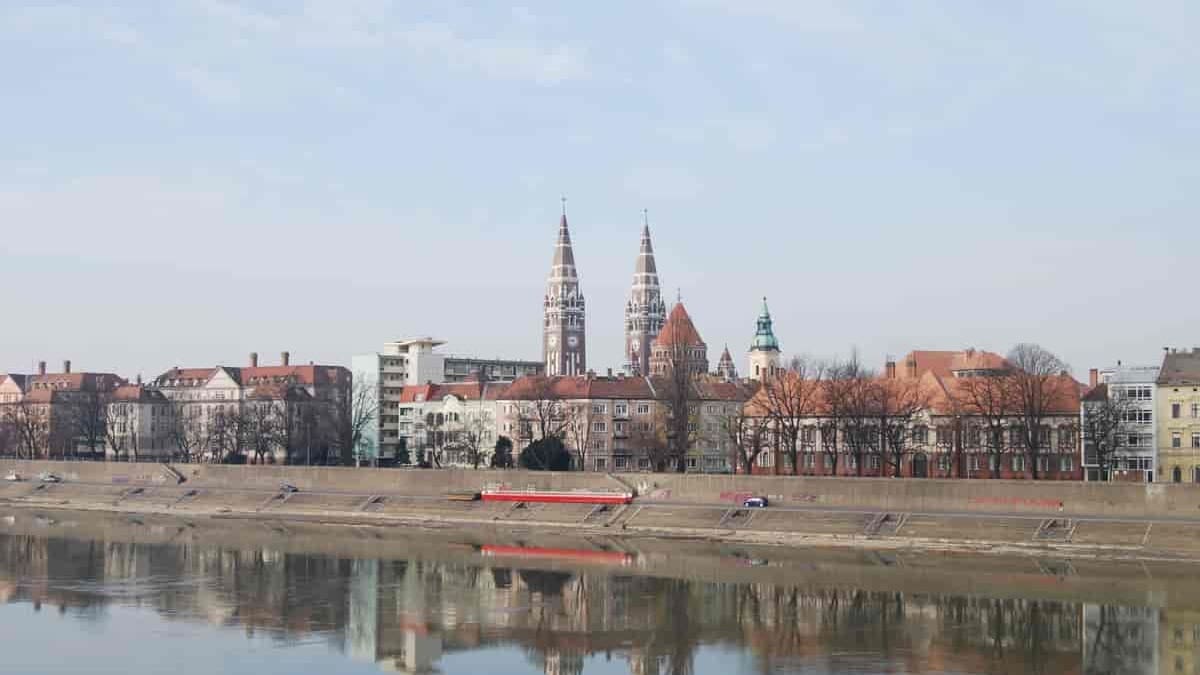
Hungary has the most hot springs in the European Union. The municipal government of Szeged is making a unique effort to try to utilize geothermal energy for its district heating system.
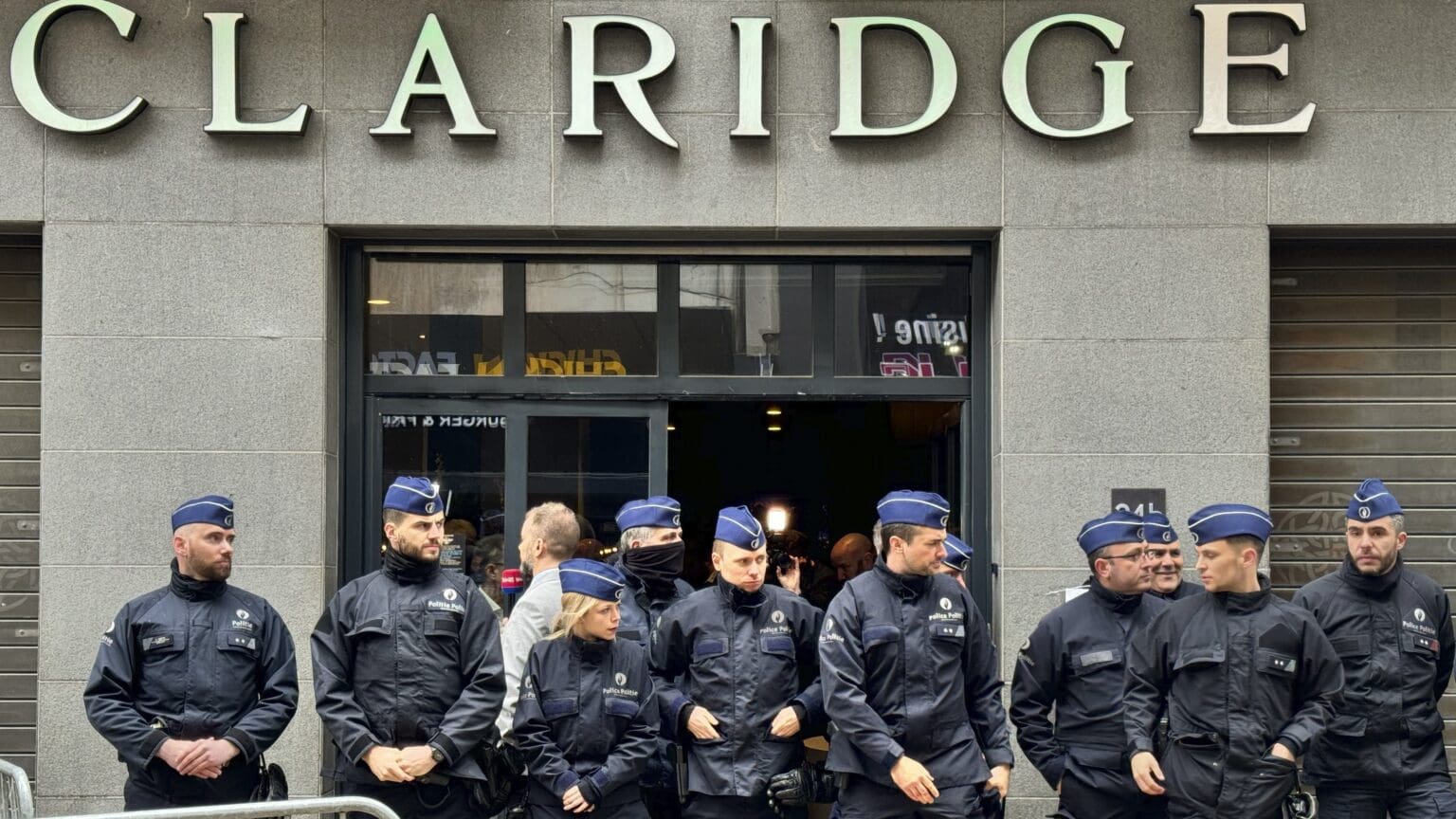
‘The lessons of human history suggest that the future is rarely bright and happy where the state is unable, or worse, unwilling, to contain the hypersensitivity of certain political camps. The precedent of the terrible terrorist attacks in Brussels or the common immigrant riots show that Belgium has already lost the battle against the hypersensitivity of radical Islam. It does not seem to want to take a firmer stand against the left either.’
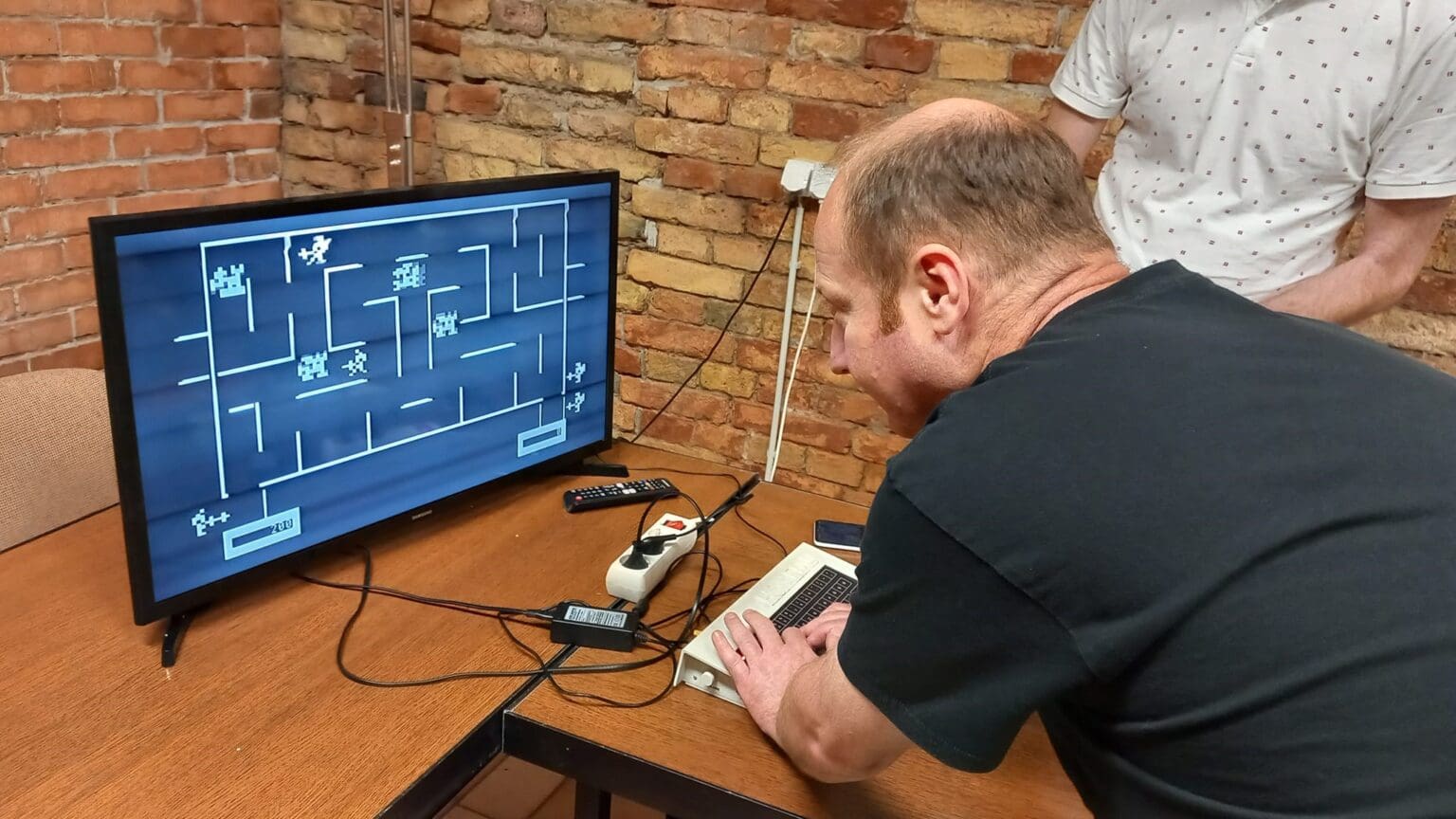
The John von Neumann Computer Society’s HCC Retro Microcomputer Division’s competition yielded a series of intriguing submissions, including games and demos. The aim was to resurrect the legendary Hungarian Homelab-3 microcomputer, entirely developed in Hungary.

General Amir Avivi, the founder of the Israel Defence and Security Forum, also highlighted in his briefing following the IRI attack that the fact that Israel and its allies intercepted 99 per cent of the rockets ‘showed that Israel could cope with a direct attack from Iran, and can coordinate efficiently with its allies to defend itself.’
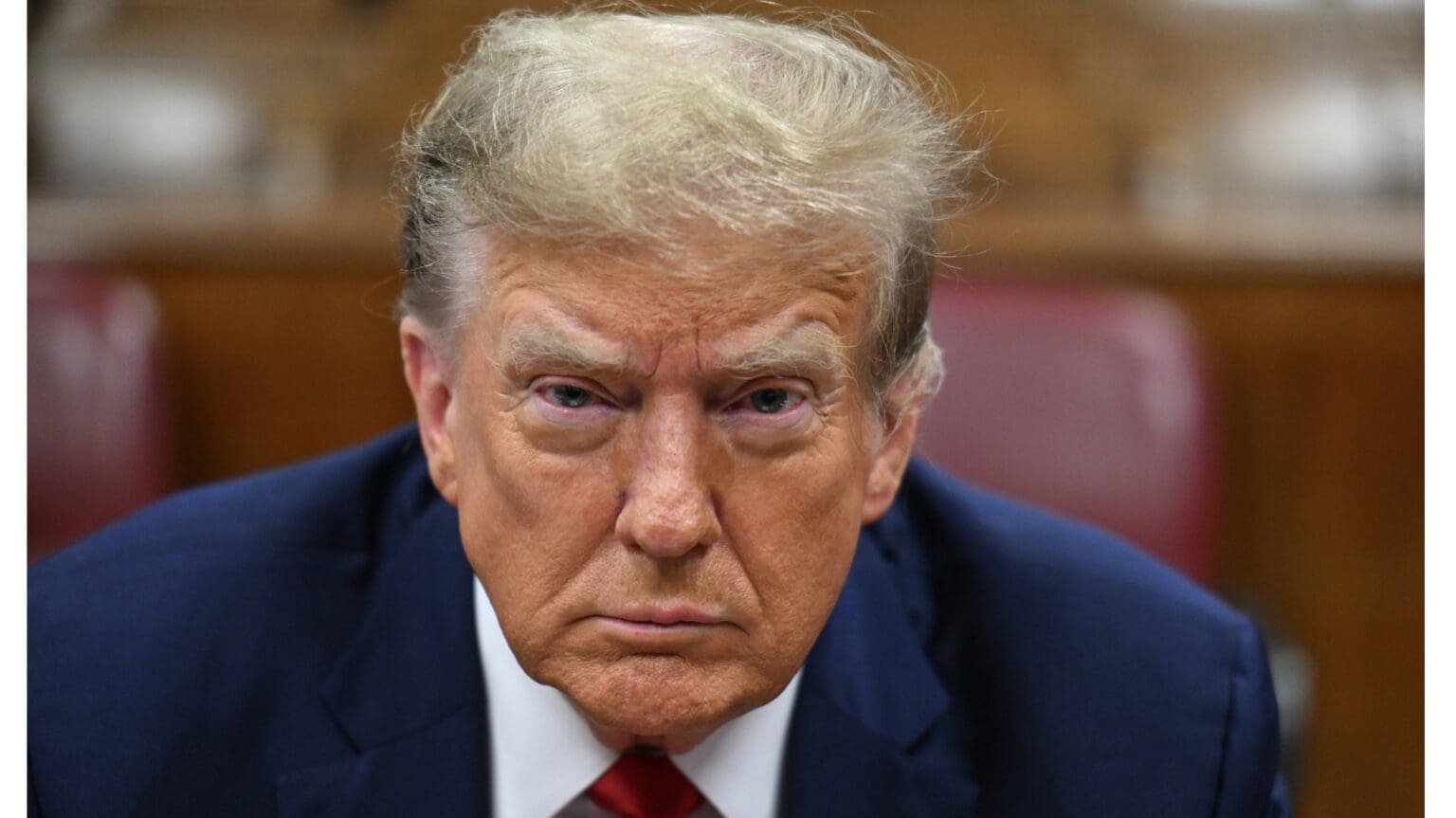
Former President Trump’s criminal trial has begun in Manhattan, which some polling data suggests could cost him his victory in the presidential election in November. However, President Biden is not in a great position either as the economy and the state of foreign affairs have recently worsened, and he was already struggling with a low approval rating on these issues. How will all this end?
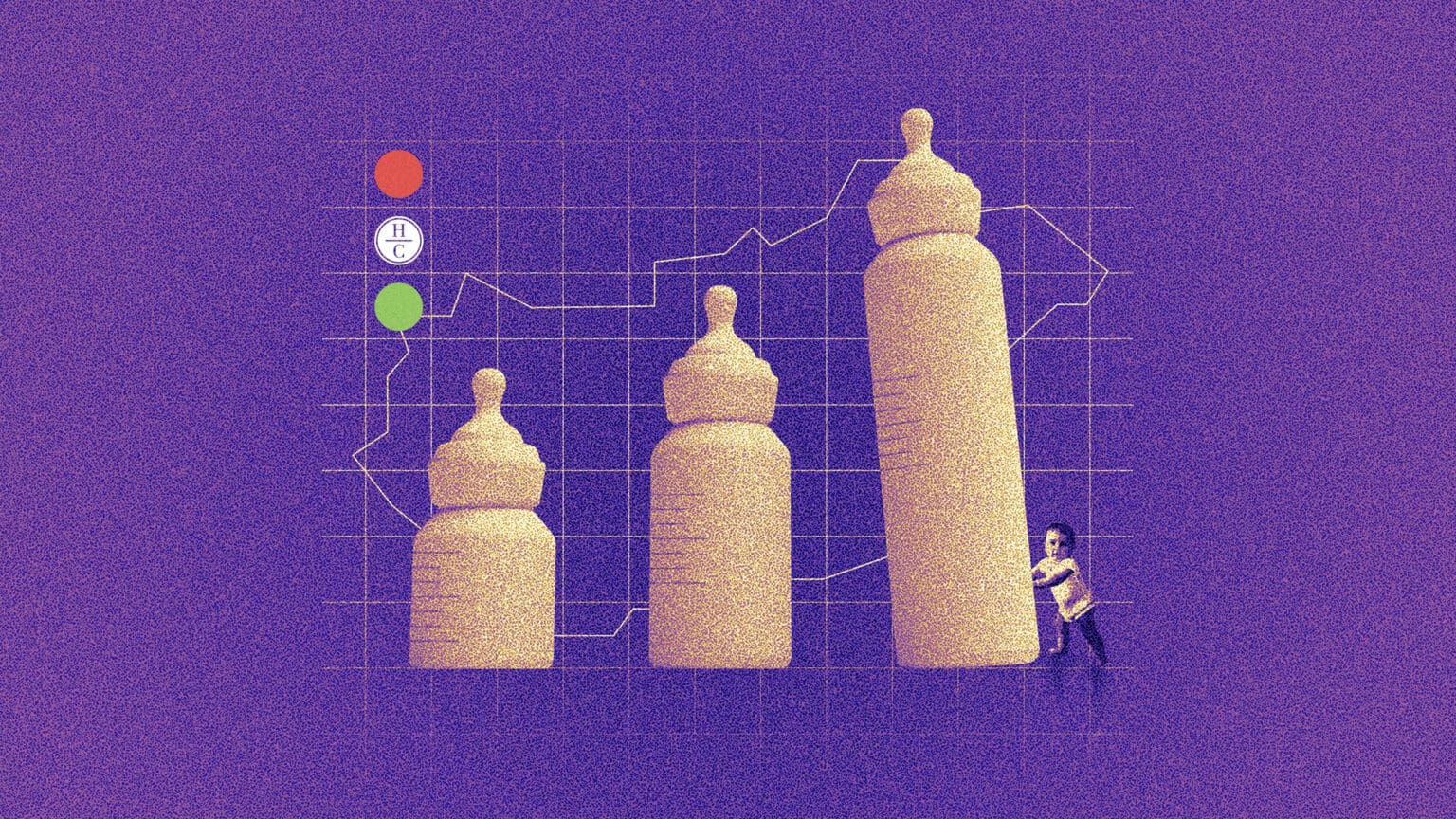
We have moved from our absolute fertility low in 2011, last in the EU, to sixth in 2022, with the highest growth in 2022. According to the latest Eurostat data, we moved up five places in 2022, the first year of the Russian-Ukrainian war, even though we had fewer children that year than in 2021. This fall was much smaller than in other EU countries.